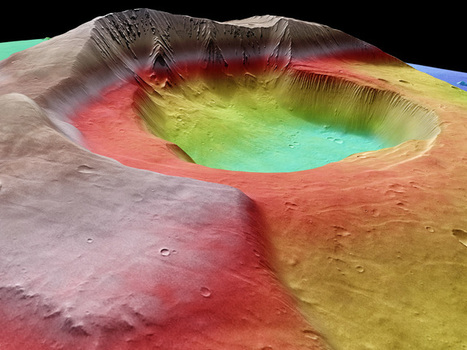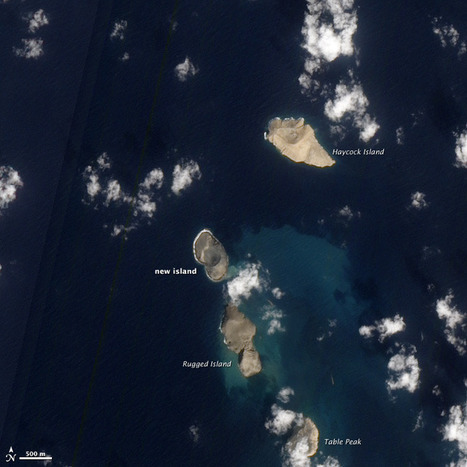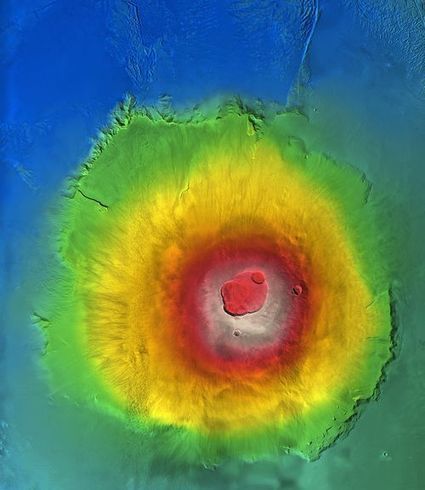41,000-year cycle in the Earth's tilt matches up with peak volcanic activity.
Research and publish the best content.
Get Started for FREE
Sign up with Facebook Sign up with X
I don't have a Facebook or a X account
Already have an account: Login

 Your new post is loading... Your new post is loading...
 Your new post is loading... Your new post is loading...
|
Lyn Andrews's curator insight,
March 24, 2014 7:27 PM
For students - For your interest only.
For teachers - Students who have completed their work might be interested in taking a look at this. |
















